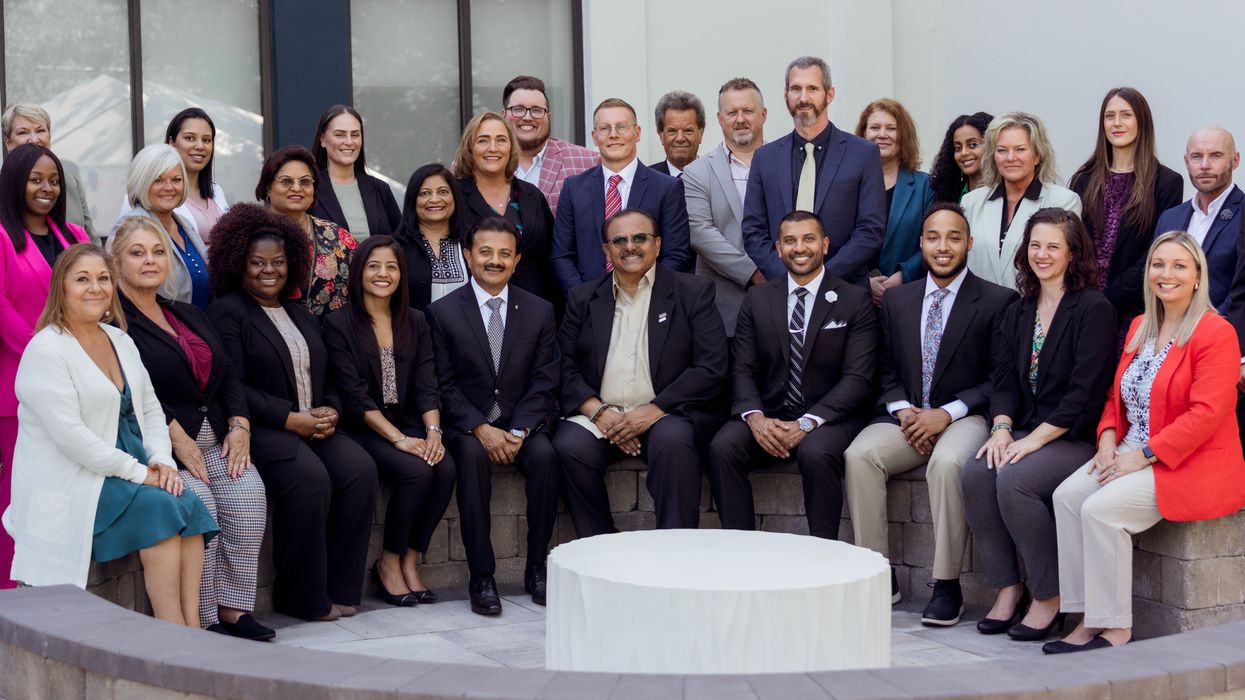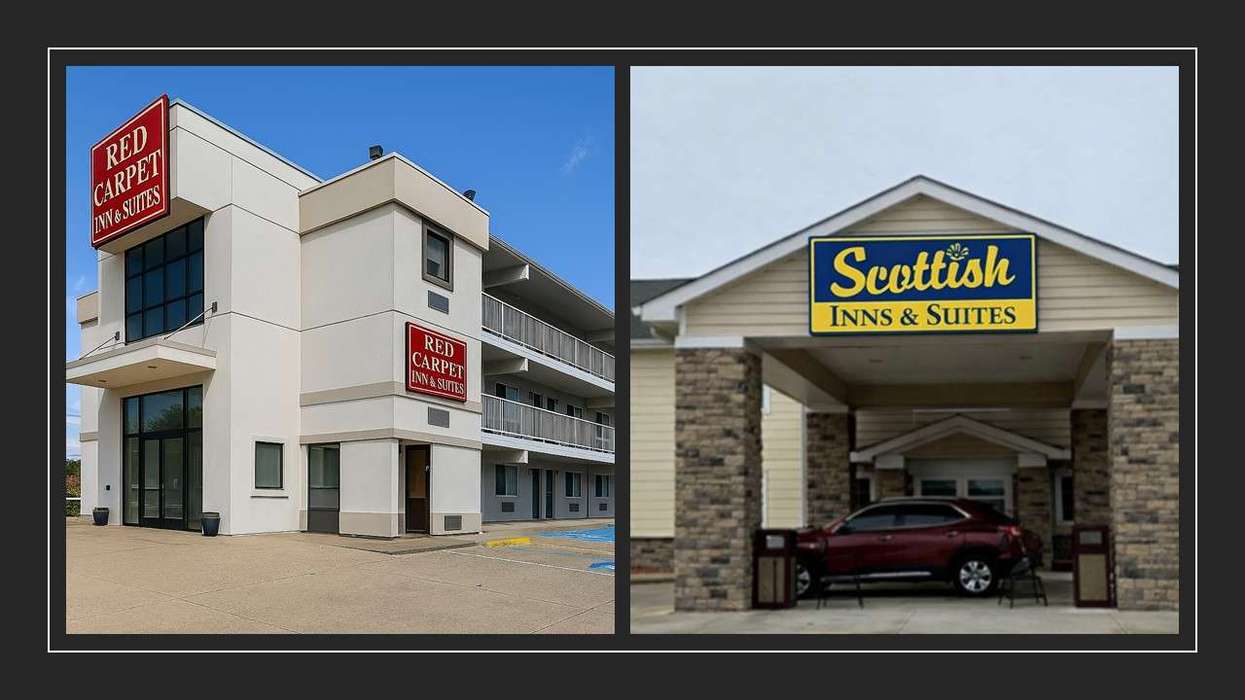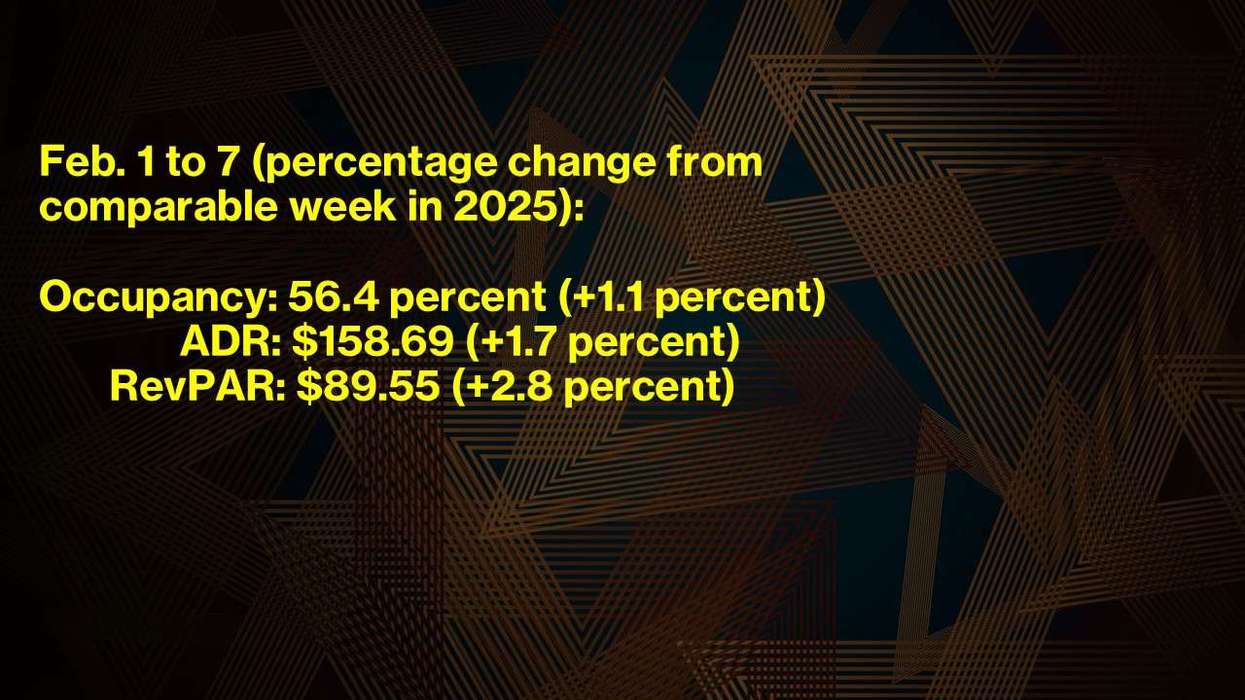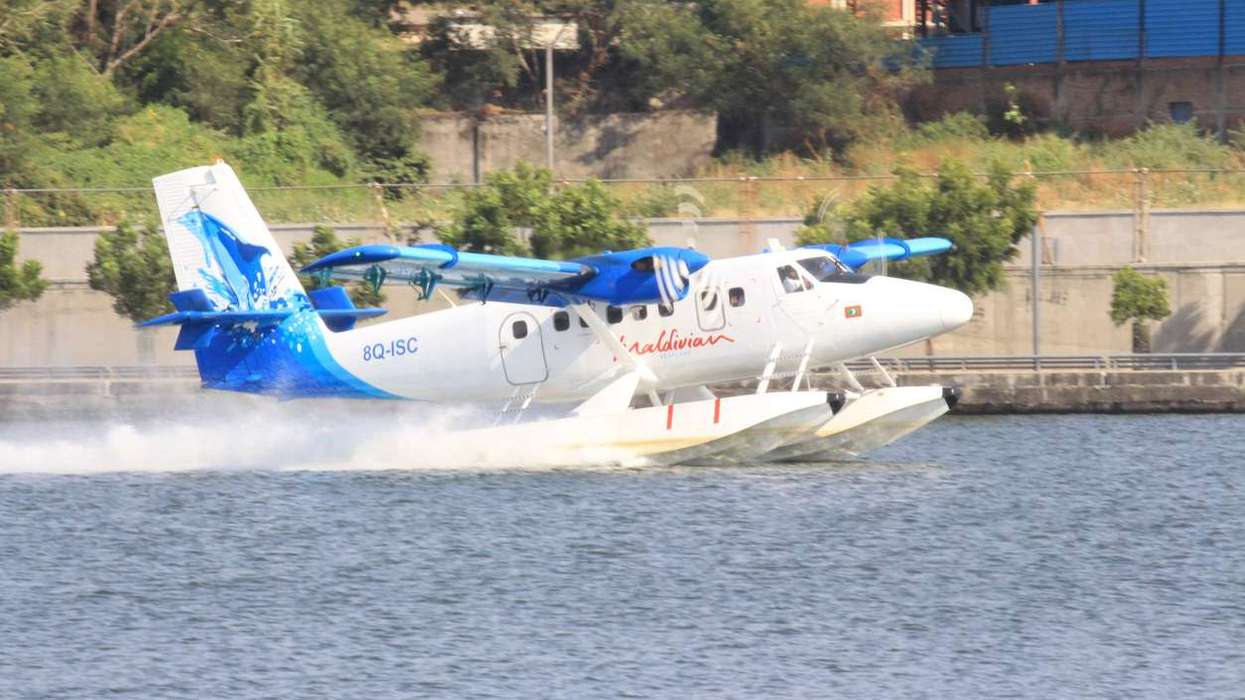Maya Hotels- From One Motel to a Multi-Brand Portfolio in 2025
CHARLOTTE-BASED MAYA HOTELS marked 30 years in hospitality this year. The hotel development and management company, which started with a single motel in 1995, now owns and operates a growing portfolio of Hilton Hotels & Resorts, Marriott International and IHG Hotels & Resorts properties across the Carolinas.
Maya also completed a second-generation leadership transition, with Krishna Deva and Parimal Thakor assuming new roles in 2024, the company said in a statement.
“Thirty years ago, our fathers set out to create something meaningful. What started as one small motel has grown into a company built on care, culture, and long-term purpose,” said Deva, Maya's CEO. “This milestone honors their vision and reaffirms our commitment to the people and communities we serve.”
Maya Hotels' President Thakor said the company’s story began with trust, shared values and a commitment to doing things the right way.
“That mindset still defines how we operate,” Thakor said. “We’ve grown by investing in people, leading with intention, and staying true to who we are. We’re proud of what we’ve built and excited for what’s ahead.”
The company continues to expand its portfolio, invest in training and technology, strengthen its reputation and uphold the values that have guided Maya Hotels from the start, Maya said.
In May 2024, Maya Hotels celebrated the 25th anniversary of its first ground-up hotel, Holiday Inn Express & Suites Belmont in North Carolina, marking its evolution from a 65-room establishment in 1999 to a 92-key hotel, with displays of original site plans, franchise approval letters, photos from the 1999 grand opening, and earned awards.






